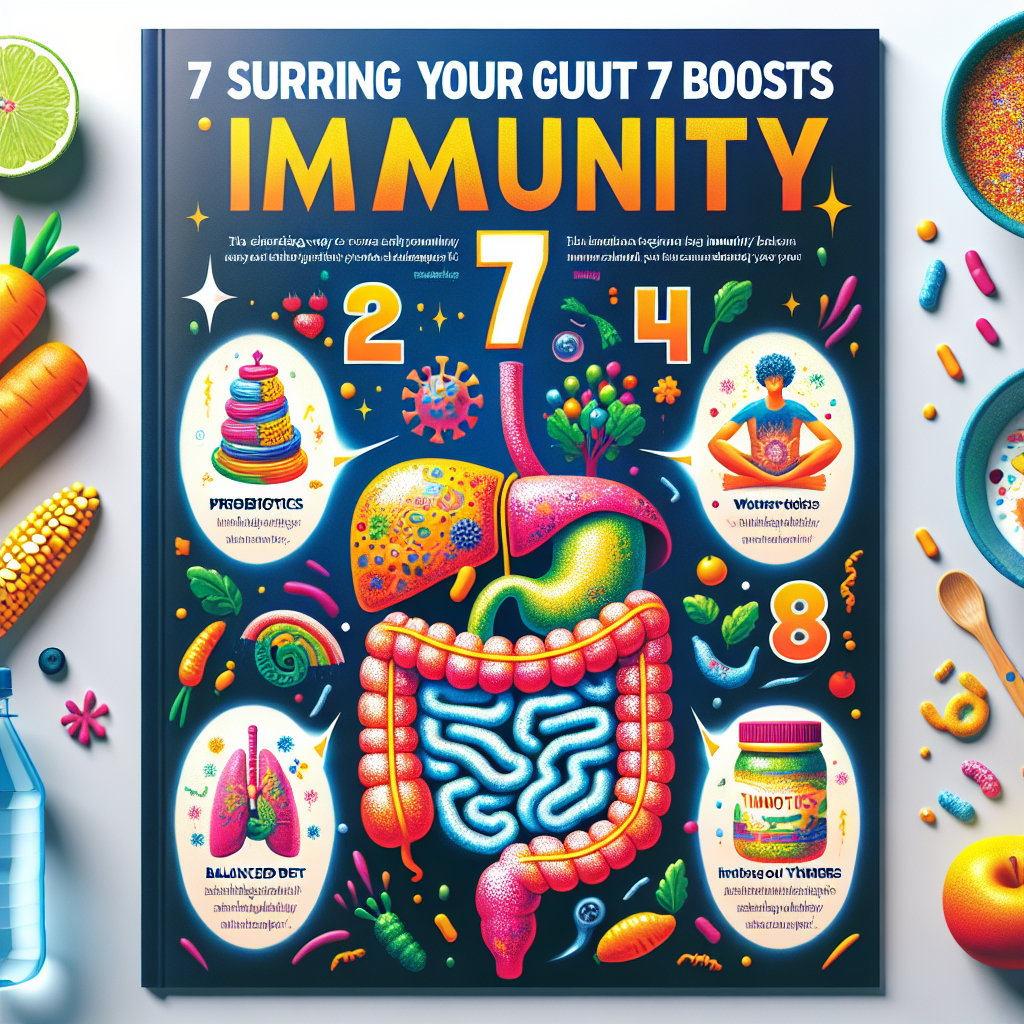
The Importance of Iron for Women’s Health
Iron is a critical nutrient that plays a pivotal role in women’s health, particularly due to its essential function in oxygen transport throughout the body. Research indicates that iron is vital for maintaining energy levels and overall vitality, as it helps in the formation of hemoglobin, a protein in red blood cells responsible for carrying oxygen from the lungs to the rest of the body (1). Women are at a higher risk of iron deficiency due to menstrual blood loss, pregnancy, and other factors, making it crucial to understand the impact of iron on their health and well-being.
Iron Deficiency and Its Impact on Women
Iron deficiency is one of the most common nutritional deficiencies worldwide, and it disproportionately affects women. Studies show that iron deficiency can lead to anemia, characterized by fatigue, weakness, and impaired cognitive function (2). For women of reproductive age, the prevalence of iron deficiency anemia is significant, with estimates suggesting that up to 30% may be affected (3). This condition can have serious implications for women’s health, including increased susceptibility to infections, reduced work capacity, and complications during pregnancy.
Research also suggests that iron deficiency during pregnancy can lead to adverse outcomes such as preterm delivery, low birth weight, and developmental delays in the child (4). Therefore, ensuring adequate iron intake is not only important for the mother’s health but also for the well-being of the fetus.
Dietary Sources of Iron and Absorption
Iron is available in two forms in the diet: heme iron, found in animal products such as meat, poultry, and fish, and non-heme iron, found in plant-based foods like lentils, beans, and spinach. Studies indicate that heme iron is more readily absorbed by the body compared to non-heme iron (5). However, for women who follow a vegetarian or vegan diet, consuming non-heme iron-rich foods along with vitamin C can enhance absorption (6).
A recent study published in the Journal of Nutrition found that consuming vitamin C-rich foods, such as citrus fruits or bell peppers, alongside non-heme iron sources can increase iron absorption by up to 67% (7). This finding underscores the importance of dietary planning to maximize iron intake and absorption for women, especially those with dietary restrictions.
Iron Supplementation and Recommendations
For women at risk of iron deficiency, supplementation may be necessary. The World Health Organization (WHO) recommends iron supplementation for pregnant women to prevent anemia and improve maternal and fetal outcomes (8). However, it is essential to consult with a healthcare provider before starting any supplementation regimen, as excessive iron intake can have adverse effects.
Research suggests that iron supplementation can effectively reduce the risk of anemia in women, particularly during pregnancy (9). A meta-analysis of randomized controlled trials found that iron supplementation during pregnancy reduced the risk of anemia by 70% and the risk of low birth weight by 20% (10). These findings highlight the potential benefits of targeted iron supplementation for women’s health.
Monitoring and Managing Iron Levels
Regular monitoring of iron levels through blood tests is crucial for women, especially those at higher risk of deficiency. According to the Centers for Disease Control and Prevention (CDC), women of reproductive age should aim to maintain serum ferritin levels above 15 μg/L to prevent iron deficiency anemia (11). Healthcare providers can offer guidance on appropriate testing and interpretation of results.
Managing iron levels involves a combination of dietary strategies and, when necessary, supplementation. Studies indicate that a balanced diet rich in iron-containing foods, along with regular monitoring and appropriate interventions, can help women maintain optimal iron levels and prevent the adverse effects of deficiency (12).
Takeaways
Iron plays a critical role in women’s health, supporting oxygen transport, energy levels, and overall vitality. Iron deficiency, particularly common in women due to menstrual blood loss and pregnancy, can lead to anemia and other health complications. Dietary sources of iron, including both heme and non-heme forms, are essential, and strategies such as consuming vitamin C-rich foods can enhance iron absorption. For women at risk, iron supplementation may be necessary, but it should be done under the guidance of a healthcare provider. Regular monitoring of iron levels through blood tests is crucial for maintaining optimal health. By understanding the importance of iron and taking proactive steps to manage their iron levels, women can support their overall well-being and quality of life.
SOURCES
- Iron and Women’s Health
- Iron Deficiency Anemia
- WHO Fact Sheet on Anaemia
- Iron Deficiency and Pregnancy
- Heme and Non-Heme Iron Absorption
- Vitamin C and Iron Absorption
- Vitamin C Enhances Non-Heme Iron Absorption
- WHO Recommendations on Antenatal Care for a Positive Pregnancy Experience
- Iron Supplementation in Pregnancy
- Iron Supplementation for Anemia in Pregnancy
- CDC Nutrition Report
- Managing Iron Deficiency in Women
Are you looking for articles on men’s health, wealth, and lifestyle?
We’re talking real, actionable advice that cuts through the noise. Whether it’s getting jacked, stacking cash, or leveling up your life. No fluff, just the good stuff to help you dominate in every area. We’re here to help you build the life you actually want.
